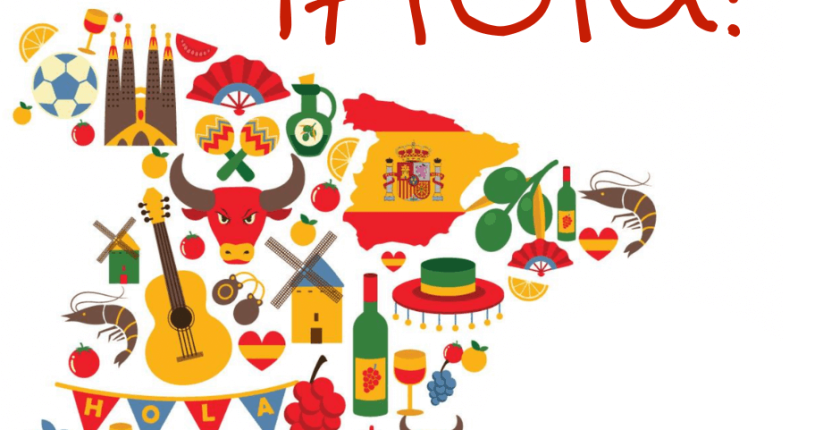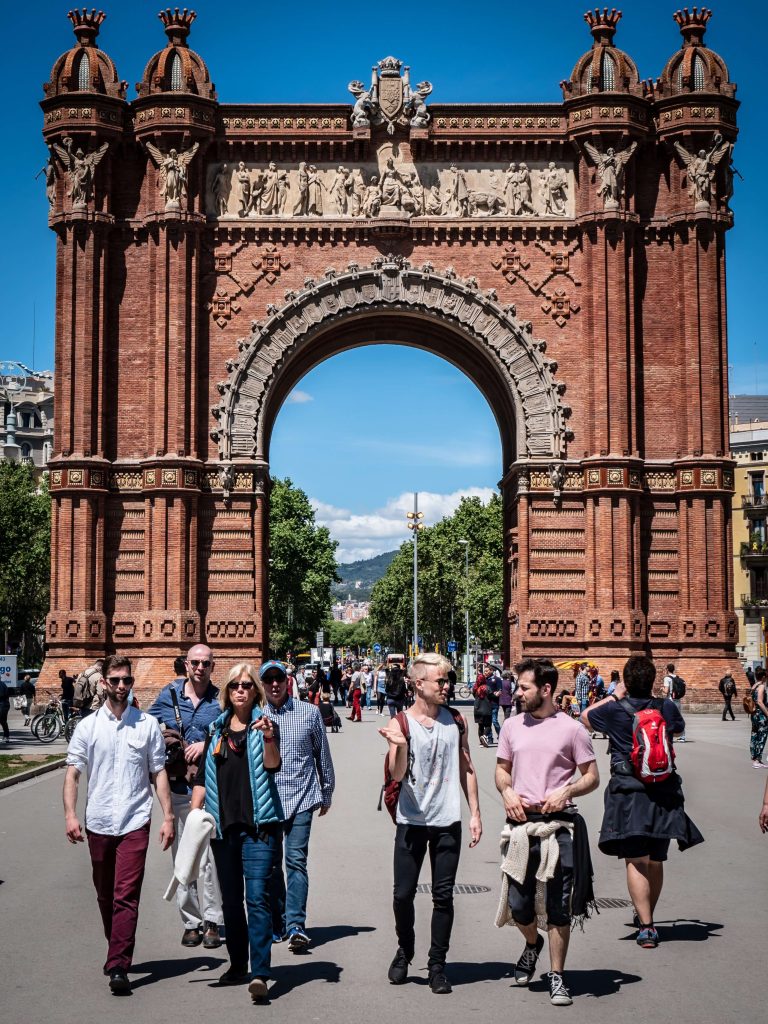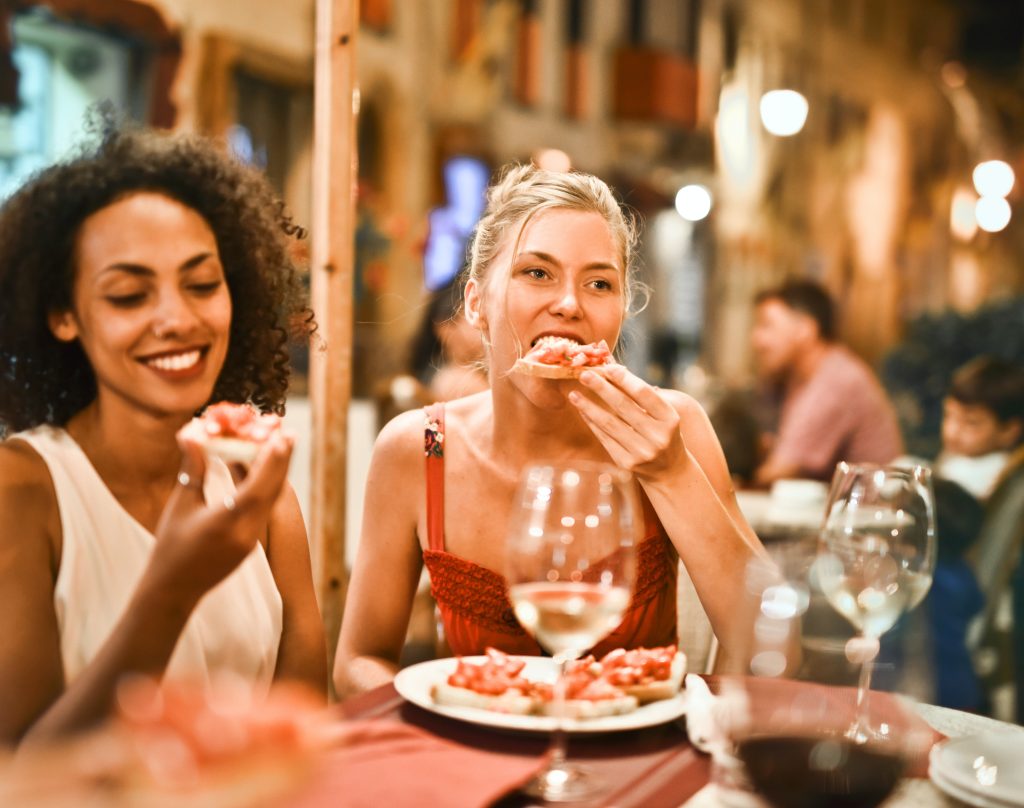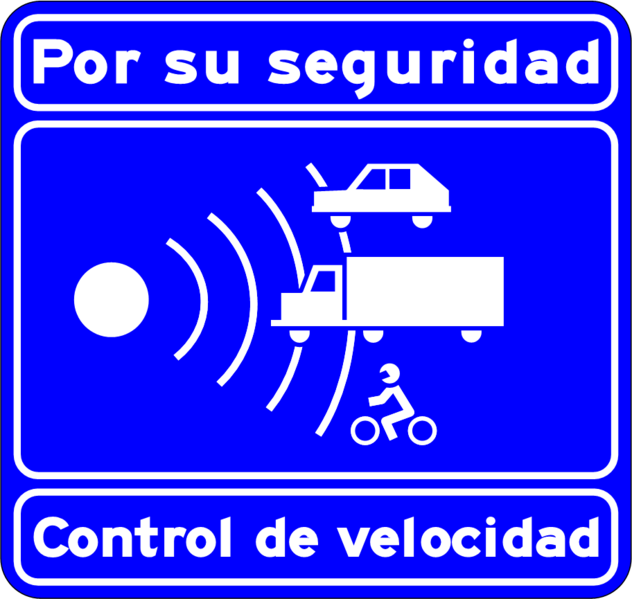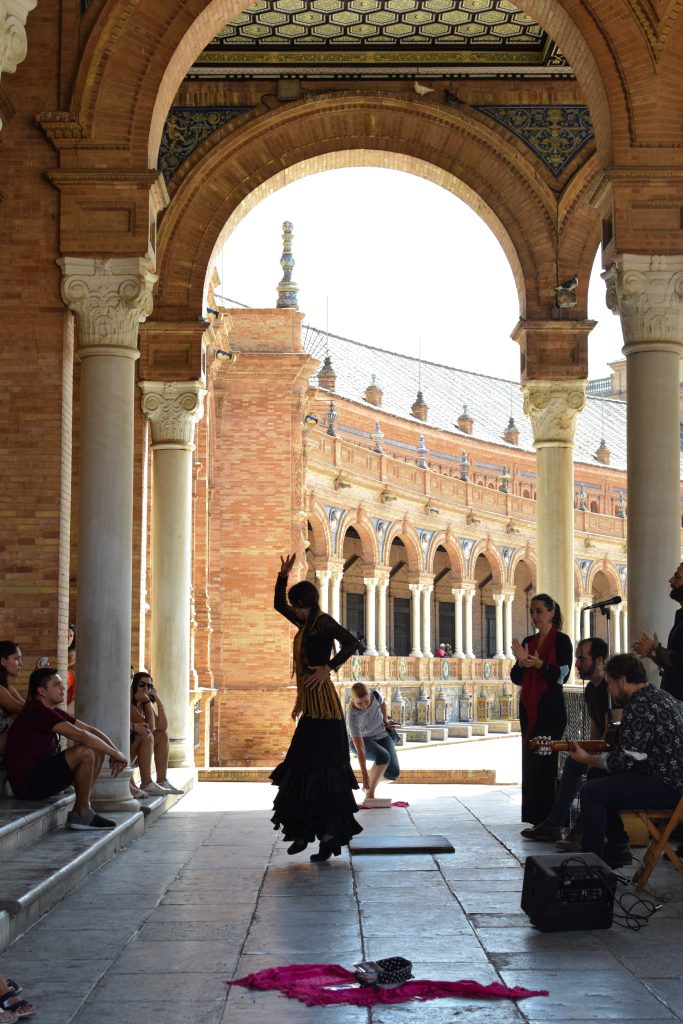Blog
¡Bienvenidos! Are you planning a trip to Spain? If so, you’re in for a treat! Spain is a country that is rich in culture, food, music, and art. Whether you’re planning to visit the vibrant cities of Barcelona and Madrid, the sunny beaches of the Costa del Sol, or the historic cities of Seville and Granada, there’s something for everyone in Spain. However, before you pack your bags, it’s important to learn Spanish, the language spoken by most of the people in Spain. Visit MyTeacher Languages https://www.myteachersg.com/spanish/ and start learning Spanish today! Contact us here!
Connect with the locals
Learning Spanish before traveling to Spain not only enhances your ability to connect with the locals but also allows you to understand and appreciate their customs and traditions. Spain is a country with a rich and diverse cultural heritage, and Spanish is the key to unlocking this treasure trove of history and traditions. By immersing yourself in the Spanish language, you can gain a deeper understanding of Spanish culture, art, music, and literature.
As the great Spanish novelist, Miguel de Cervantes said, “To be prepared is half the victory.” Knowing a few key phrases in Spanish can help you navigate the local customs and make your trip more enjoyable. For instance, if you plan to visit Alhambra in Granada, it’s essential to know how to ask for tickets. You can say, “Quiero visitar la Alhambra. ¿Dónde puedo comprar los boletos?” (“I want to visit the Alhambra. Where can I buy tickets?”). Speaking Spanish in Spain shows that you respect the local culture and are making an effort to connect with the people.
Spanish is also the gateway to understanding the rich history of Spain. From the Roman Empire to the Muslim rule and the Spanish Inquisition, Spain has a fascinating history that’s embedded in its culture. By speaking Spanish, you can appreciate the nuances of Spanish culture and history. For example, if you’re in Toledo, you can visit the Alcazar, a medieval fortress that played a crucial role in the Spanish Civil War. Knowing the Spanish words for “fortress” and “history” will allow you to understand the significance of this landmark.
Moreover, Spanish is the language of passion and romance. From flamenco dancing to bullfighting, Spain is known for its passion and love of life. By learning Spanish, you can fully immerse yourself in the local culture and experience the passion and energy that Spain is famous for. For instance, if you’re in Seville, you can attend a flamenco show and experience the raw emotion and energy of this traditional dance form. Understanding the Spanish words for “passion” and “energy” will allow you to fully appreciate the beauty and intensity of the performance.
In addition, speaking Spanish can also be a great way to make new friends and have fun. Spanish people are known for their warm and friendly nature, and by speaking their language, you can connect with them on a deeper level. Learning Spanish can help you meet new people and create lasting memories. For example, if you’re in Barcelona, you can join a language exchange program and meet locals who are eager to learn English. Speaking Spanish with them can be a fun and rewarding experience.
In conclusion, not only does it allow you to connect with the locals and understand their customs, but it also gives you a deeper appreciation of Spanish history, culture, and traditions. By speaking Spanish, you can fully immerse yourself in the local way of life, make new friends, and have fun. As the Spanish philosopher, George Santayana, said, “The wisest mind has something yet to learn.” So, embrace the opportunity to learn Spanish, and get ready to discover the beauty and excitement of Spain!
Enjoy the Local Cuisine
Learning Spanish is not only helpful for communicating with the locals and understanding their customs, but also for enjoying the delicious local cuisine. Spanish food is renowned all over the world, and by learning Spanish, you’ll be able to immerse yourself in the local food culture. From the famous paella to the mouth-watering churros, Spanish cuisine is a feast for your taste buds. By learning Spanish, you’ll be able to read menus, order food, and even ask for recommendations from the locals.
“La comida es una parte esencial de la cultura española” (“Food is an essential part of Spanish culture”), says Chef José Andrés. In Spain, eating is not just about satisfying your hunger, it’s a social and cultural event. By learning Spanish, you’ll be able to appreciate the cultural significance of the local cuisine. For example, did you know that paella originated in Valencia and was originally made with rabbit and snails? Learning Spanish can help you understand these cultural nuances and appreciate the history behind the dishes.
But navigating a Spanish menu can be daunting for those who don’t speak the language. By learning Spanish, you’ll be able to confidently order your favorite dish and even try new ones. For example, if you’re in Madrid and you want to try some of the local specialties, you could say: “Quiero probar el cocido madrileño, por favor” (“I want to try the cocido madrileño, please”). By speaking Spanish, you’ll be able to enjoy the local food culture without any language barriers.
And let’s not forget about the local markets and food festivals. Spain is known for its lively food markets, such as La Boqueria in Barcelona and Mercado de San Miguel in Madrid. By learning Spanish, you’ll be able to navigate these markets and communicate with the local vendors. You could ask for some fresh produce, like “un kilo de tomates, por favor” (“one kilo of tomatoes, please”), or even try some local delicacies. And if you’re lucky enough to visit Spain during a food festival, like the La Tomatina festival in Valencia, you’ll be able to fully immerse yourself in the experience by communicating with the locals in Spanish.
In conclusion, learning Spanish is essential for enjoying the local cuisine and fully immersing yourself in the food culture of Spain. From ordering your favorite dish to trying new ones and exploring local markets, speaking Spanish will make your culinary journey in Spain even more enjoyable. As Spanish chef Ferran Adria once said, “La cocina es un lenguaje a través del cual se puede expresar armonía, felicidad, belleza, poesía, complejidad, magia, humor, provocación y cultura” (“Cooking is a language through which harmony, happiness, beauty, poetry, complexity, magic, humor, provocation, and culture can be expressed”). So, let’s learn Spanish and indulge in the language of food.
Navigate in daily life situations.
Well, let me tell you, learning Spanish can make your trip an unforgettable adventure! And, the fourth benefit of learning Spanish is that you’ll be able to navigate through daily life situations with ease.
Picture this: You just arrived in Madrid, and you’re feeling a bit lost. You need to find your hotel, but you don’t know how to get there. You could take a taxi, but how do you communicate with the driver? If you know some basic Spanish, you can easily ask for directions or order a taxi. You can say, “¿Dónde está el hotel ‘Los Leones’?” (“Where is the ‘Los Leones’ hotel?”) or “Necesito un taxi, por favor” (“I need a taxi, please”).
Not only will you be able to find your way around the city, but you’ll also be able to navigate public transportation like a pro! You can ask the bus driver, “¿Me puede decir cuándo llegamos a la parada de la Plaza Mayor?” (“Can you tell me when we get to the Plaza Mayor stop?”) or tell the train conductor, “Voy a la estación de Atocha” (“I’m going to Atocha station”).
But wait, what if you get lost or need help in an emergency? No worries! Knowing Spanish can come in handy in these situations too. If you need medical attention, you can say, “Tengo dolor de cabeza y fiebre” (“I have a headache and a fever”) or “Necesito ver a un doctor” (“I need to see a doctor”).
And, in case of a lost passport or wallet, you can ask the police, “¿Puede ayudarme? He perdido mi pasaporte” (“Can you help me? I’ve lost my passport”). Learning Spanish can also help you in everyday situations, like shopping or ordering food at a restaurant. You can say, “Quiero un café con leche, por favor” (“I want a coffee with milk, please”) or “¿Cuánto cuesta este vestido?” (“How much does this dress cost?”).
And, when it comes to enjoying the local cuisine, knowing some Spanish can make a big difference! You can ask the waiter for recommendations or order your favorite dish with confidence. For instance, “Me gustaría probar la paella de mariscos, por favor” (“I would like to try the seafood paella, please”).
So, as you can see, learning Spanish can be a game-changer for your trip to Spain. It can make your experience more enjoyable, and you’ll be able to connect with the locals, understand the local customs, savor the local cuisine, and navigate daily life situations with ease. And, the best part is, learning Spanish can be fun and exciting! ¡Buena suerte y buen viaje! (Good luck and have a good trip!)
Understand local customs.
¡Vamos a aprender español! Learn Spanish and you’ll be able to entender las costumbres locales (understand local customs). Spain es un país lleno de historia y tradiciones culturales diversas. By learning Spanish, you’ll be able to appreciate el arte, la música, y la literatura that are so important to Spanish culture. ¿Sabes qué es “flamenco”? It’s a traditional Spanish dance that’s full of passion and energy. By learning Spanish, you’ll be able to understand the lyrics of the music and really feel the emotions behind the dance.
But that’s not all! Understanding local customs is also muy importante to avoid cultural misunderstandings and show respeto (respect) for the local way of life. For example, if you’re in Granada and you want to visit la Alhambra, a UNESCO World Heritage site, you could say: “Quiero visitar la Alhambra. ¿Dónde puedo comprar los boletos?” (“I want to visit the Alhambra. Where can I buy tickets?”) ¡Muy fácil! By knowing a few key phrases in Spanish, you’ll be able to navigate the local customs and have a more enjoyable experience.
¡Y qué rico es la comida española! Spain is famous for its deliciosas comidas (delicious foods), including paella, tapas, churros, y sangría. By learning Spanish, you’ll be able to leer los menús (read menus), order food, and ask for recommendations from the locals. ¿Quieres saber cómo pedir comida en español? You could say “Por favor, quisiera una ración de paella y una copa de sangría” (“Please, I would like a serving of paella and a glass of sangria”). ¡Buen provecho! (Enjoy your meal!)
Now, let’s talk about navigating daily life situations. ¡Muy útil! By knowing basic Spanish, you’ll be able to communicate with taxi drivers, bus drivers, and train conductors to get where you need to go. You’ll also be able to read signs and menus, which can be muy helpful when you’re trying to find your way around or order a meal at a restaurant. And if you ever need ayuda (help) in an emergency situation, knowing Spanish can be a lifesaver. ¿Cómo se dice “ayuda” en español? That’s right, ayuda!
Pero eso no es todo. Learning Spanish can also help you fully engage in the country’s entertainment culture. Spain es famosa por su cine, música, literatura, y periódicos. By learning Spanish, you can disfrutar de películas españolas (enjoy Spanish movies), programas de televisión, and music without relying on subtitles or translations. You’ll also be able to read books and newspapers in Spanish, gaining a deeper understanding of the local culture and current events. ¡Qué divertido!
So, ¿qué esperas? (What are you waiting for?) ¡Aprende español hoy! By doing so, you’ll be able to connect with the locals, understand the local customs, enjoy the local cuisine, navigate daily life situations with ease, and engage fully in the country’s entertainment culture. ¡Viva España!
Incredibly fun and rewarding
Overall, learning Spanish before travelling to Spain is not only practical, but also incredibly fun and rewarding. It will open up a whole new world of experiences, from connecting with locals and trying new foods to exploring hidden gems and navigating daily life situations with ease. So, start brushing up on your Spanish today and get ready for an unforgettable adventure in Spain!In conclusion, learning Spanis
h before travelling to Spain is a must for anyone who wants to have a fun and immersive experience. By learning the language, you’ll be able to connect with the locals, understand the local customs, enjoy the local cuisine, and navigate daily life situations. You’ll also gain a deeper appreciation for the rich history and diverse cultural traditions of Spain.
Remember, even if you’re not fluent in Spanish, the effort to communicate in the local language will be greatly appreciated by the locals. By showing an interest in their culture and language, you’ll be able to connect with them on a deeper level and have a more enjoyable experience.
So, whether you’re planning to visit the vibrant cities of Barcelona and Madrid, the sunny beaches of the Costa del Sol, or the historic cities of Seville and Granada, make sure to brush up on your Spanish skills before you go. ¡Buena suerte! (Good luck!)
Are you ready for an adventure? Don’t wait any longer! Take the first exciting step towards a more enriched and fulfilling life by embarking on a journey to learn French today! It’s time to spice things up and make language learning fun! Connect with MyTeacher Languages at https://www.myteachersg.com/spanish/ and start learning Spanish today! Contact us here!

